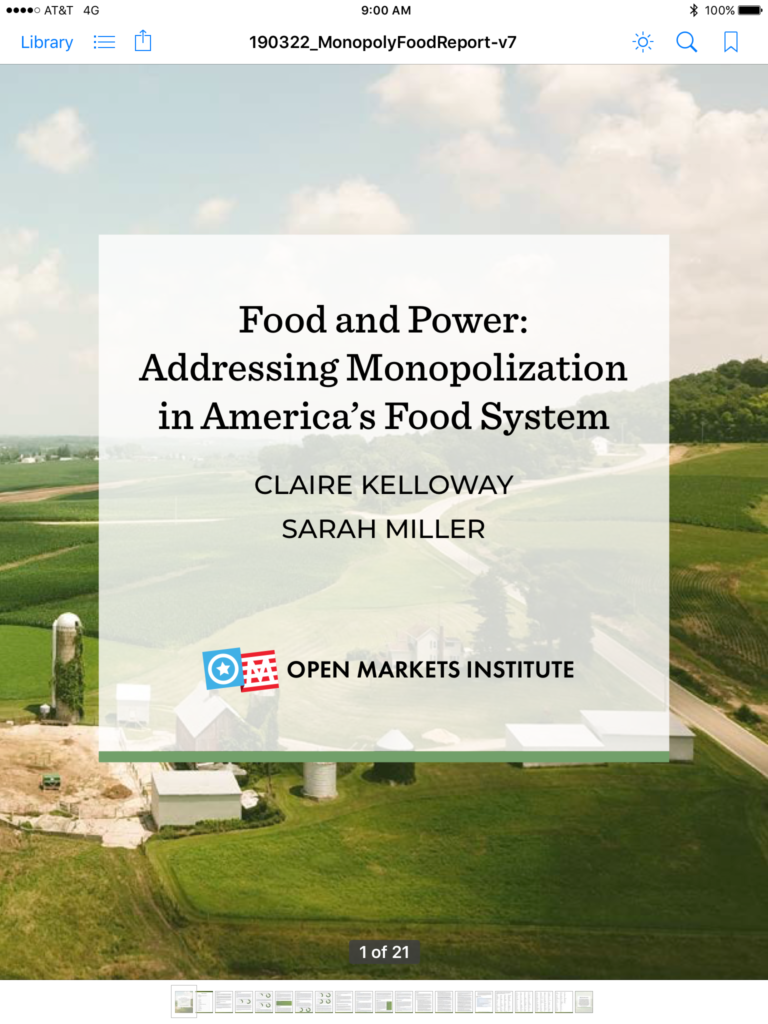Let’s continue reading between the lines in the advertisement that Bayer/Monsanto placed in The New York Times on Wednesday, March 27, 2019 (please see previous post). The corporation placed this ad in response to the negative publicity being generated from the 11,200 court cases winding their way through the legal system. The plaintiffs allege that Roundup/glyphosate causes Non-Hodgkin Lymphoma, a type of cancer.
The advertisement states “Independent regulatory agencies continue to assess glyphosate-based products and conclude they can be used safely and that glyphosate is not carcinogenic. These include not only the United States Environmental Protection Agency (EPA), but also the European Food Safety Authority (EFSA), European Chemicals Agency (ECHA), Australian, Canadian and Japanese regulatory authorities, as well as the Joint Food and Agriculture Organization of the United Nations/World Health Organization Meeting on Pesticide Residue (JMPR).
That’s quite a lineup of societal authorities, very convincing. But . . . . let’s read between the lines to reveal what the ad doesn’t say. Remember, a lie can be told by omitting the other half of the story, the contextual framework. Here is what Bayer/Monsanto doesn’t want you to know:
That one of the tactics agribusiness uses is to infiltrate regulatory agencies and other institutions around the world with their own executives. These people then become high-level officials in the regulatory agencies/institutions that oversee the agribusiness industries. Then these executives use their power to influence the agency’s policy and regulations. Other terms for this are “regulatory capture” and “revolving door”.
Keep in mind that governments create regulatory agencies to act in the public’s interest and to protect the public’s health. When the corporations capture the agencies, the commercial interests of big business (via lobbying groups) become primary and the public’s interest and health, secondary.
Bayer/Monsanto also doesn’t want you to know that they genetically modified food so that it can withstand increasingly strong applications of Roundup/glyphosate. Now the pesticide’s residues are appearing in many foods. Roundup is being detected more and more in our water, air and soil. It’s everywhere.
We need more people to recognize the deception and destructive dynamics these large corporations use to keep us blind and unremittingly under their control. Then we can say a loud and resounding NO to this unethical use of power that represses and disregards the public’s voice. We can say NO to government captured by corporate power. We can do this by refusing to buy the corporation’s products. In the case of Bayer/Monsanto/Roundup, this means avoiding genetically modified food and if possible, buying organic food instead. The truth, the whole truth, and nothing but the truth is that, we, the people, can speak truth to power, one buying decision at a time.

